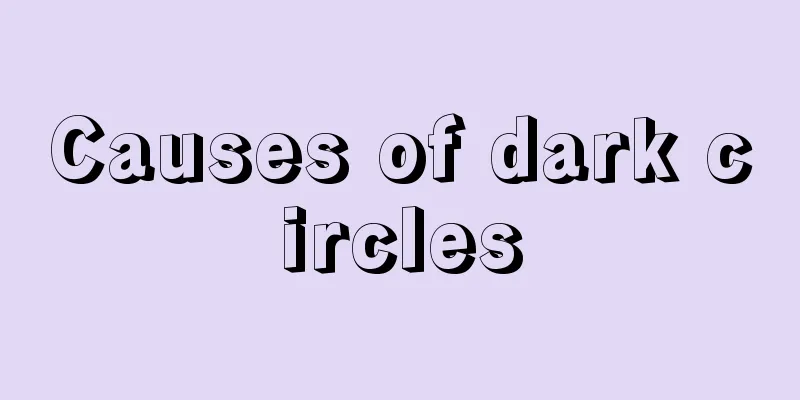Is bile duct cancer a hereditary disease?

|
Is cholangiocarcinoma a hereditary disease? The clinical manifestations of cholangiocarcinoma vary. Generally, the early symptoms are not obvious. The cause is still unknown. It is the most common tumor disease among malignant tumors of the gallbladder. There are many factors that cause this disease, so we need to take more precautions. Many patients are worried that the disease will affect the next generation. So, is cholangiocarcinoma a hereditary disease? Is bile duct cancer a hereditary disease? Biliary duct cancer is generally not inherited and is not a hereditary disease. Factors that may be related to its onset include: ulcerative colitis, gallstones, Clonorchis sinensis infection, common bile duct cysts, etc. These factors can increase the risk of bile duct cancer. About 1/3 of patients with bile duct cancer will have bile duct stones, and 5% to 10% of patients with bile duct stones will develop bile duct cancer. It is generally believed that the long-term mechanical stimulation of the bile duct wall by hepatobiliary stones and the resulting chronic bile duct infection and bile stasis lead to chronic proliferative inflammation of the bile duct wall, which then causes atypical hyperplasia of the bile duct mucosal epithelium. Pathological observations have found that atypical hyperplasia of the bile duct mucosal epithelium will gradually transform into adenocarcinoma. It is currently believed that the familial inheritance of cancer may be caused by chromosomal aberrations. Each cell in a normal human body has 46 chromosomes, and various carcinogenic factors can cause chromosomal aberrations, making the number and shape of chromosomes different from those of normal cells. This chromosomal aberration can sometimes be passed on to offspring, making the next generation likely to develop cancer. People who are at risk of cancer do not necessarily get cancer, but they are just more likely to get cancer than ordinary people. The occurrence of cancer is determined by internal and external factors. A person with a cancer-prone constitution only has certain internal factors. Cancer will only occur if there are also external carcinogenic factors, such as radiation and smoking. |
<<: What are the hazards caused by tongue cancer
>>: What harm does pituitary tumor bring
Recommend
How should fresh jellyfish be stored?
Sometimes when you buy a lot of vegetables and ca...
What are the triggering factors of gastric cancer? Pay attention to these foods
Gastric cancer is a relatively serious malignant ...
Experts teach you how to stay away from lymphoma easily
Lymphoma is a malignant tumor with a high inciden...
Apply dandelion to breasts
Dandelion is a very familiar wild grass, and it i...
Causes and treatment of lower limb obesity
Everyone loves beauty, and it is a woman's na...
What is the difference between vasculitis and varicose veins?
In daily life, varicose veins and vasculitis are ...
What are the methods of dietary care for lung cancer?
Lung cancer is a common disease in life. Lung can...
What are the common symptoms of bladder cancer?
The most common symptom of bladder cancer is hema...
What is the best way to treat vitiligo
Vitiligo causes great impact and distress to pati...
What are the common sense of first aid at the production site?
Everyone has only one life, and protecting it is ...
Preventive measures for ovarian tumors
In today's society, women have been liberated...
What is the reason for swelling and pain in the instep
Swelling and pain in the instep is a very common ...
What kind of flowers won’t cause pollen allergies?
Many of our friends will suffer from pollen aller...
A quick and easy way to treat frostbite
In winter, many people are particularly prone to ...
What to do if your muscles ache after exercise?
Many people will feel muscle soreness after doing...









